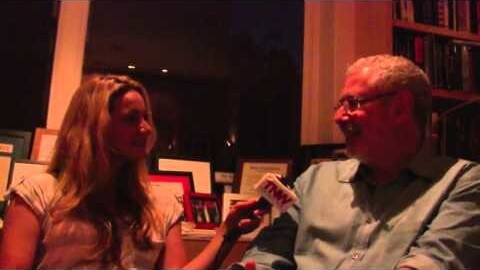
Facebook use in the Arab countries is growing as such a rate that within a year, Arabic will overtake English to become the most popular Facebook language in the region, the Jerusalem Post reports.
The Arabic Facebook interface launched in 2009, growing to 10 million users within two years. As it stands, these users represent around a third of all Facebook users in the Arab world, with studies suggesting that two times as many people frequently use Facebook in the Middle East and North Africa rather than buy a daily newspaper.
Middle Eastern PR agency Spot On PR commissioned the study, indicating that Facebook’s Arabic interface has grown 175% a year, double the rate of the social network’s growth worldwide. Algeria saw the biggest rise, growing 423% annually.
The agency includes some interesting statistics:
The Arabic platform’s 10 million users make up about 35% of the region’s Facebook subscribers, up from 24% in May 2010.
56% of Facebook users in Egypt (3.8 million) opt for the Arabic language version. In the Gulf Cooperation Council (GCC) countries, 41% use Arabic and in Saudi Arabia it’s 61%. By contrast, Morocco has 17% recorded Arabic users and at the bottom of the list is the United Arab Emirates, with its big expatriate population, with just 10%.
According to the MENA Facebook Digest, the Middle East and North Africa is home to approximately 10% of the world’s Facebook users with some 56 million subscribers. This includes some 19 million who joined during the past year, a growth rate of 51%.
The social network played a pivotal role in the Arab Spring, helping to organise protests and give oppressed citizens a voice when feeling pressure from autocratic regimes.
Despite the rise in use, Internet access in the region is still low and there is a high level of illiteracy, suggesting that the majority of users are middle-class and educated citizens.
Get the TNW newsletter
Get the most important tech news in your inbox each week.





